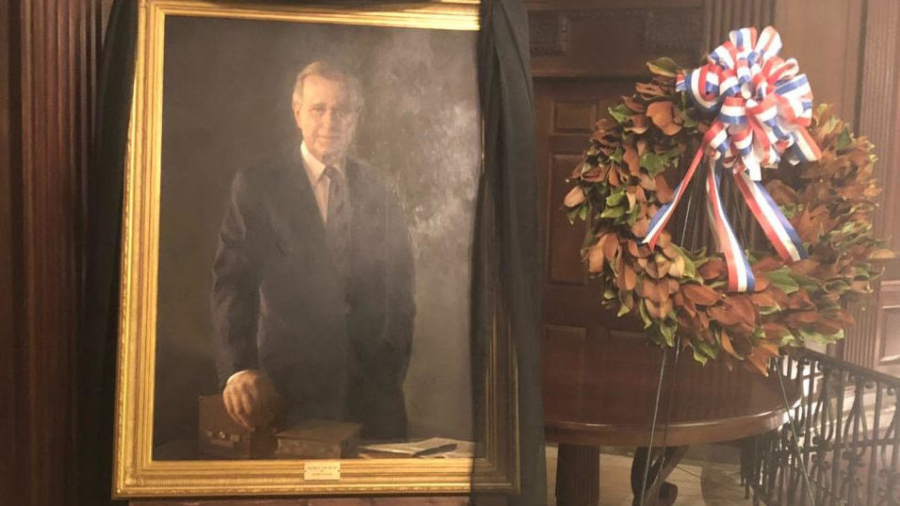Not that Communism is the best system to have as the primary economic engine, but it’s important to note that no economic system exists in a vacuum. So when someone points to the failures of a particular country’s economy as “proof their system does not work,” it seems a bit misguided; especially when said country is in actuality a dictatorship.
When the dictators are doing right by the people, the country flourishes. When they are making bad decisions for their people, nothing can stop them and the country suffers. When the people attempt to rebel, they are squashed, imprisoned, executed.
Much of Cuba’s current economic crisis is being blamed on the US Trade Embargo. This obviously factors into the country’s current shortage of food and medical supplies, but at the heart of Cuba’s current misfortune is a government that values power more than its people.
A centralized economy (like a dictatorship) can function if it is making the right choices for its citizens. However, considering how susceptible a government-run economy is to corruption and favoritism, decisions aren’t always made in the best interests of the entire country. A free market is meant to mitigate the poor judgment of political leaders: the people know best what and who is needed so they sort out jobs, resources, supply, and demand on their own.
Vietnam found a way to maintain a Communist government, but embrace some free market enterprise in the mid 80s. It’s reported 30,000+ private businesses were created since then, their economy has flourished, and relations with the US started to normalize in the 90s.
So, where Vietnam succeeded, Cuba seems to be failing. The Castros have “good intentions” for their… people (is “subjects” too cynical?). But when they needed the foresight to understand how a global pandemic would damage their economy and possibly require some major changes, they maintained their status quo. This is why their people are protesting; they have no power to demand accountability from their government (dictators). They can’t vote to change their system. They can’t do anything except literally live and die by the whims of their leaders.
And so maybe Communism isn’t the enemy. Maybe trying to exist outside of the influence of Multi-National Corporations isn’t the enemy. Perhaps Malignant Narcissism is the enemy. Anyone that is not accountable to anyone and believes themselves to be infallible, that person is dangerous and whether they are the leader of a Communist Country, or the President of the United States, they can do serious damage to a multitude of people.
The economic system of the country matters not if the leader is self serving and uses their political position to consolidate power, destroy enemies, and enrich themselves and their allies. As more and more information comes to light, it seems this was happening in the very Capitalist United States of America under the Trump regime.
Now, perhaps Capitalism is the system least susceptible to corruption and so Trump is an anomaly, but to view the U.S. as purely Capitalist is a misconception.
Here’s why:
-A large amount of our manufacturing and debt come from China (a Communist country). This means we are at least in that regard participating in a Communist system to some extent – we are x percent Communist.
-The entire concept of Insurance is communist in nature: “From each according to their means, to each according to their needs.”
-Any tax-funded job is technically Socialism (army, police, fire, infrastructure, social work, etc.).
The point is: We should be very specific about what is working and what is not so we can create the best situation for everyone.
It is truly malignant narcissism in leadership that ruins countries and economies (as well as families and businesses).
The Free Market has proven to be an incredible mechanism when not being abused or corrupted. Communist and Socialist mechanisms can be implemented efficiently when overseen by Democratic institutions.
Dictatorships are never the best system as they prevent accountability and change for the better. Cuba’s current protests are happening for that reason.

